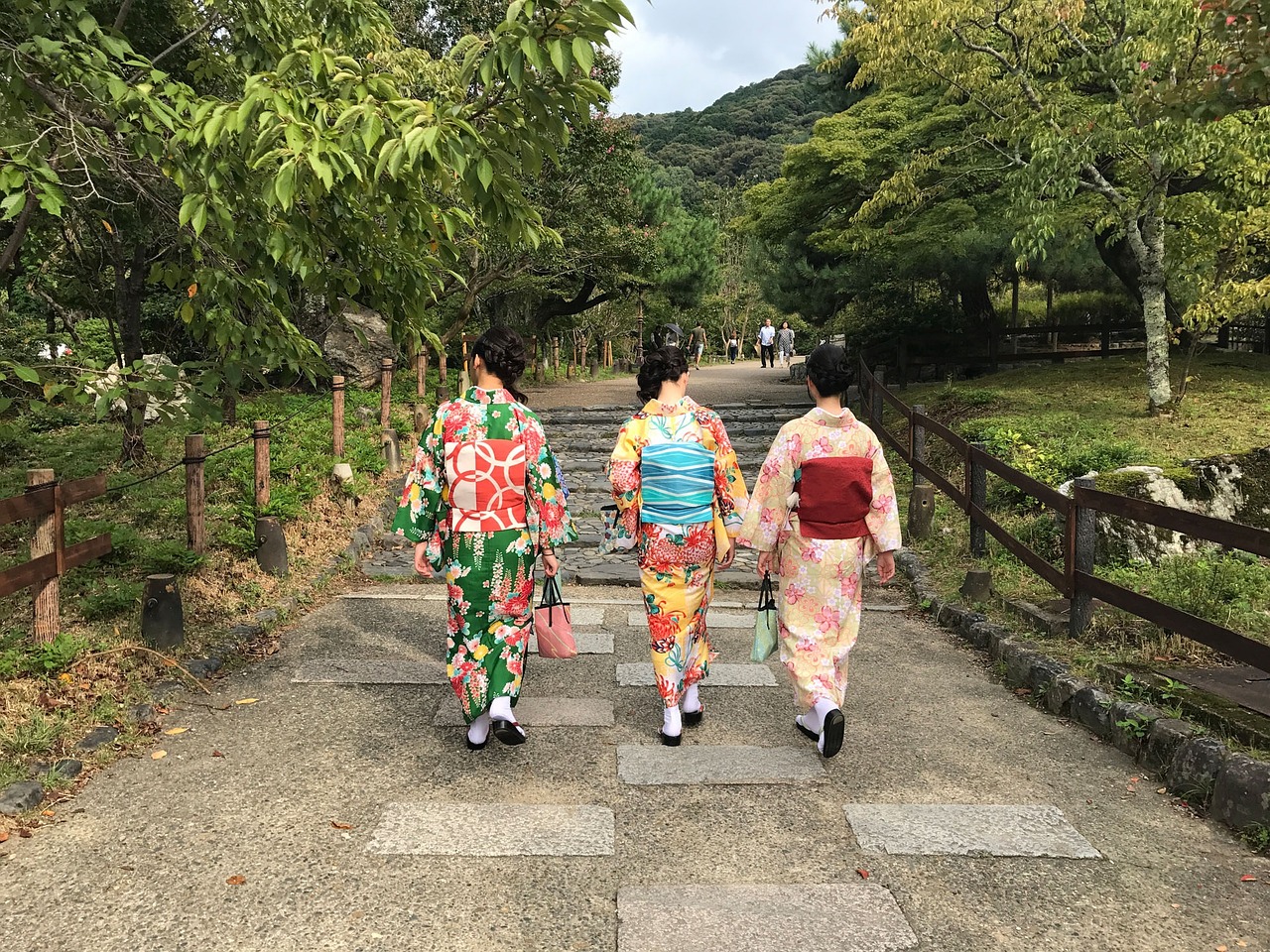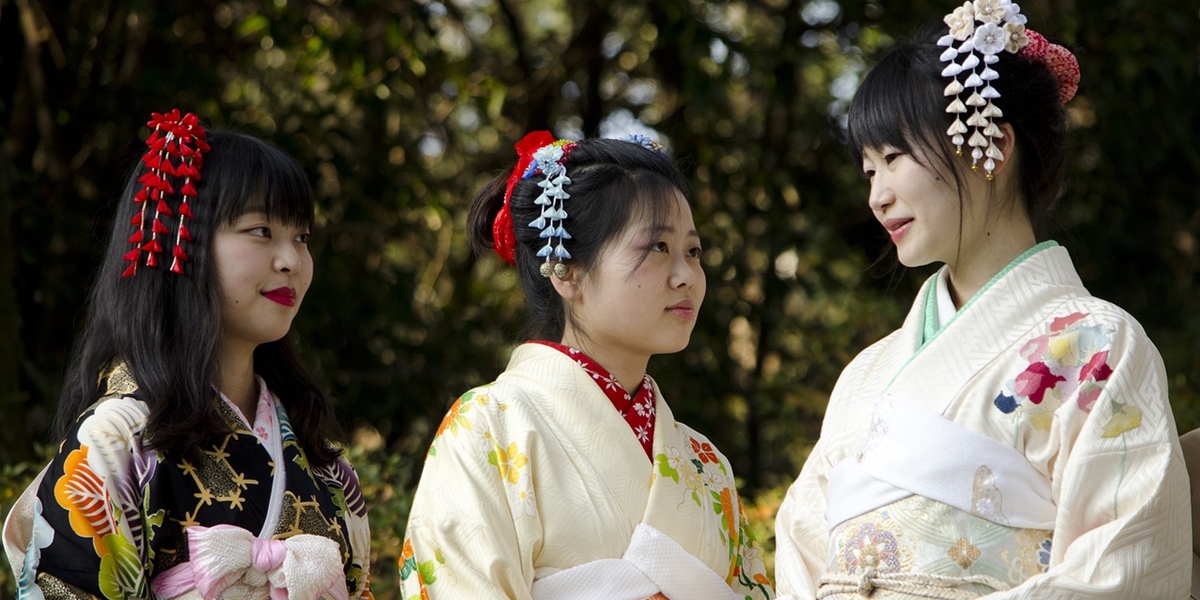Kapanlagi.com - In learning Japanese, mastering Japanese masu verbs is an important step towards polite and formal language proficiency. Japanese masu verbs, which are part of teineigo or polite language, are an important foundation in everyday communication in Japan.
Especially in formal situations or when interacting with newly acquainted people. This article will present a complete list of Japanese masu verbs, providing KLovers with additional vocabulary to express various actions and activities in a polite manner when communicating in Japanese.
Let's take a look at some lists of Japanese masu verbs that can improve your communication skills in various social and professional contexts in Japan.
1. What is the Masu Form of Japanese Verbs?

Illustration (credit: pixabay.com)
The masu form of Japanese verbs is a polite form (teineigo) of verbs used in formal conversations or with people who are not too familiar. Therefore, the masu form of Japanese verbs is always used to show politeness and respect to the interlocutor in Japanese.
The masu form of Japanese verbs is formed by adding the suffix -masu to the verb stem. The masu form also has a negative form (-masen) and a past form (-mashita). Of course, the masu form of Japanese verbs is very important for KLovers to learn in order to be able to communicate formally in Japanese.
In addition to the masu form of Japanese verbs, there is also the -desu form. Its main characteristics include the use of the -masu form on verbs, while -desu is used at the end of sentences for adjectives and nouns, as well as the use of more polite personal pronouns such as watashi instead of boku or ore.
All of these forms are part of teineigo or the level of politeness in Japanese, which means "polite language". The use of teineigo is very important in everyday life in Japan, especially in business situations or when interacting with newly acquainted people, as it shows respect and politeness.
2. List of Masu Form Japanese Verbs

Illustration (credit: pixabay.com)
And to understand the masu form of Japanese verbs, KLovers can certainly see from the examples. And here is a complete list of masu form Japanese verbs that can add to your vocabulary. Here is the list:
1. ikimasu - go
2. kimasu - come
3. shimasu - do
4. mimasu - see
5. tabemasu - eat
6. nomimasu - drink
7. hanashimasu - speak
8. kikimasu - listen
9. yomimasu - read
10. kakimasu - write
11. kaimasu - buy
12. urimasu - sell
13. tsukaimasu - use
14. tsukurimasu - make
15. nemasu - sleep
16. okimasu - wake up
17. hatarakimasu - work
18. benkyou shimasu - study
19. oshiemasu - teach
20.machimasu - wait
21.asobimasu - play
22.arukimasu - walk
23.oyogimasu - swim
24.hashirimasu - run
25.odorimasu - dance
26.utaimasu - sing
27. waraimasu - laugh
28.nakimasu - cry
29.suwarimasu - sit
30.tachimasu - stand
31.akemasu - open
32.shimemasu - close
33.hajimemasu - start
34. owarimasu - end
35.aimasu - meet
36.okurimasu - send
37.mochimasu - hold, carry
38.araimasu - wash
39.kimasu - wear
40.nugimasu - take off
41. kotaemasu - answer
42.shitsumon shimasu - ask
43.setsumei shimasu - explain
44.kangaemasu - think
45.oboemasu - remember
46.wasuremasu - forget
47.sagashimasu - search
48. mitsukemasu - find
49.norimasu - ride (vehicle)
50.orimasu - get off (vehicle)
51.kaerimasu - go home
52.sumimasu - stay, settle
53.souji shimasu - clean
54.sentaku shimasu - wash (clothes)
55. ryouri shimasu - cook
56.tetsudaimasu - help
57.yasumimasu - rest
58.hatarakimasu - work
59.kekkon shimasu - get married
60.sotsugyou shimasu - graduate
That is a complete list of masu form Japanese verbs that can expand your vocabulary in speaking. By mastering these masu form Japanese verbs, KLovers can strengthen their basic polite communication in Japanese.
(kpl/dhm)
Disclaimer: This translation from Bahasa Indonesia to English has been generated by Artificial Intelligence.














